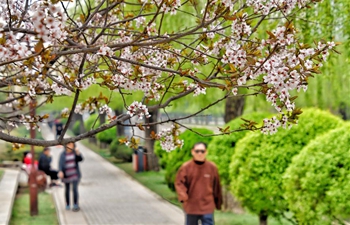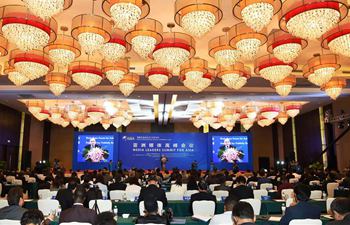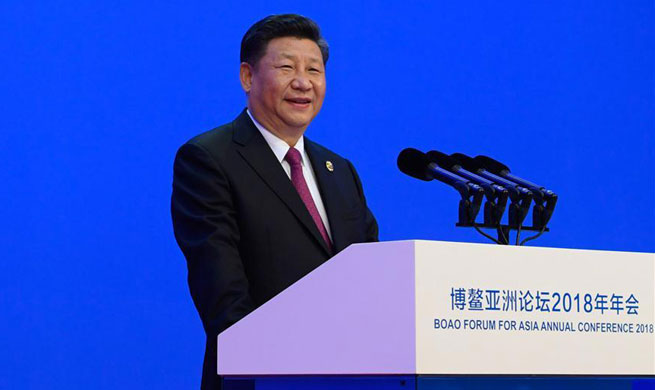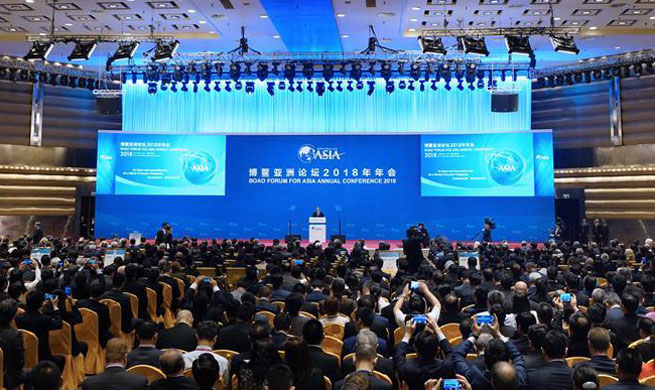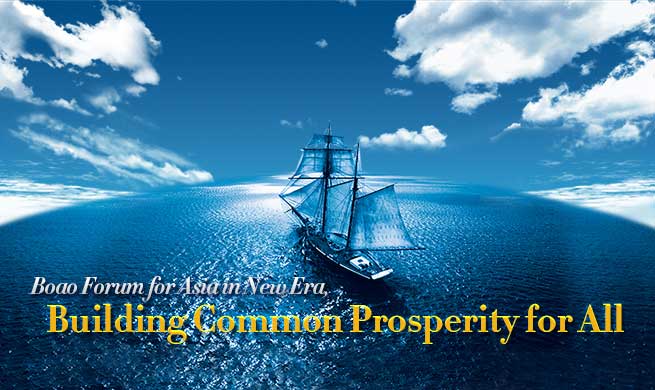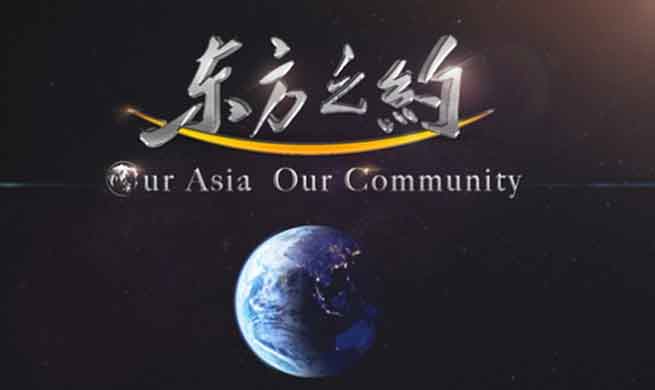by Raimundo Urrechaga
HAVANA, April 9 (Xinhua) -- Despite attempts to dominate Latin America in decades, the United States has seen its influence declining in the region where the governments are strengthening external communication, a Cuban political expert said.
U.S. President Donald Trump has worsened his political and trade links with the continent by pushing back relations with Cuba, threatening Venezuela with military aggression, stressing Mexico should pay for a border wall and imposing additional tariffs on imports from the region, said Cuban political analyst Esteban Morales in a recent interview with Xinhua.
"It will be very difficult for Trump to rebuild relations with Latin America as he intends to impose Cold War policies on and apply the Monroe Doctrine to the region," said Morales.
The Monroe Doctrine was first initiated in the mid-19th century, which advocates intervention in Latin America considered as the U.S. "backyard" and never tolerates any economic or political policies or values that differ from its own.
Morales also said that the upcoming eighth Summit of the Americas in Peru will be a "challenging moment" for Trump's ties with the continent, as many nations are unwilling to accept impositions from the White House.
"The Summit of the Americas will be hard for the U.S. and for Trump in particular as he will try to present himself as a world leader with a strong personality and an efficient foreign policy but it has actually been quite the opposite," added the Cuban scholar.
With different political and ideological values co-existing in the region, there is still a sense of unity among the Latin American nations when it comes to defending their common history and sovereignty, he said.
Last year, when Trump backtracked American ties with Havana and threatened Caracas with a possible military invasion. The entire region rejected his actions.
"U.S. policy towards Cuba and the permanence of the economic embargo are catalyst of the regional solidarity. Latin America as a whole supports and encourages to normalize ties between the United States and both countries, and demands Washington lift the blockade," Morales added.
The Summit of the Americas scheduled for April 13-14 in the Peruvian capital Lima takes place days before the Cuban National Assembly meets on April 19 to name the new president as the present Cuban President, Raul Castro plans to step down then.
The event is bound to be Castro's last major international meeting, where he is expected to send a message that Havana will continue its socialist path and further deepen economic and social reforms, the expert said.
"Cuba is going to show its position to improve its economic situation without changing its sovereignty and political system. It will convey a message of solidarity and unity with the rest of Latin America," he said.
Morales also said he believes Castro will reiterate Havana's stance to normalize ties with Washington on the premise of sovereignty, independence and mutual respect.
"Cuba wants to continue cooperation with the U.S. in numerous areas and carry on the political dialogue started under the Obama administration." Trump was the one who decided to halt everything previously done and roll back relations, he added.
Although there are divided opinions in Latin America about Venezuelan President Nicolas Maduro and his government, Trump's military threat to Caracas did not receive any sympathy or support in the region.
The exclusion of Venezuela from this year's Lima summit reflected Washington's firm stance against Maduro's administration, "but only Venezuelans can determine their future and solve their internal difficulties," he added.
"Although Venezuela is excluded this time, I don't believe the U.S. can return to the times when they had total control of this summit and determined who participated or not," added Morales.
Trump and heads of state from the Western Hemisphere plan to travel to Peru this weekend for the 2018 Summit of the Americas with the theme "Democratic Governance against Corruption."






